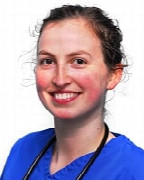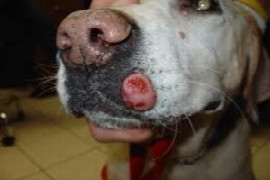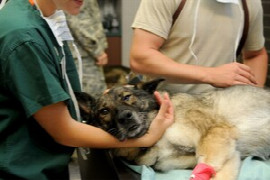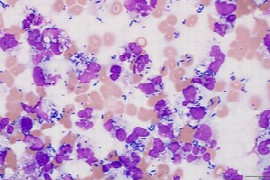Canine Mast Cell Tumours
(incl. tax)
Canine mast cell tumours are common in general practice. The diagnosis is usually straightforward by means of fine needle aspiration; however, management can be challenging due to the variable behaviour ranging from locally infiltrating lesions to aggressive mast cell tumours metastasising to the liver and spleen. As a consequence, outcomes range from weeks to years. The aim of the webinar is to focus on the use of prognostic factors to predict the behaviour of mast cell tumours and to guide management of each individual case. Once the extent of disease and likely prognosis has been established, a plethora of treatment options need to be considered including surgery, radiation therapy, chemotherapy, targeted therapy, palliative supportive care as sole or multi-modal therapy. Dogs with a good prognosis should be offered treatment options aimed at long term control, whereas the focus for dogs with a poor prognosis might need to be palliative. The second part of the webinar is focused on highlighting when to consider which treatment options.
Recording from 04.03.2020

Mrs Evi Pecceu Lecturer in Small Animal Oncology
In 2010 I graduated at Ghent University in Belgium after which I spent some time in first opinion practise in the UK. I enrolled in a rotating internship at an oncology referral centre, which fuelled my interest in small animal oncology. I proceeded with a 4 year internship/residency training program in oncology at Edinburgh University and I have been working as a lecturer at Edinburgh University since June 2016 after which I attained the Diploma of European College of Veterinary Internal Medicine – Companion Animals (oncology) in 2018. I thoroughly enjoy working as part of a big team, which consists of 2 radiation oncologists, 2 medical oncologists, 4 residents, 2 interns, 3 nurses and 1 therapeutic radiographer. I have been involved in variable research projects but my main interest is detecting and highlighting common mistakes and misconceptions within veterinary oncology. I am passionate about teaching veterinary students, interns and oncology residents and thoroughly enjoy interaction with referring veterinarians.



